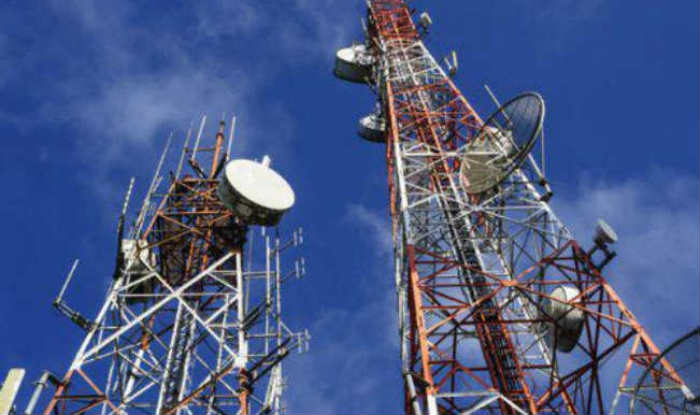Zimbabwe is striving to enhance its mobile and internet connectivity as part of its National Development Strategy 1 (NDS1) objectives, targeting a significant increase in internet penetration from 59.1 percent in 2020 to 75.42 percent by 2025.
This was outlined by Chairperson of the Telecommunication Operators Association of Zimbabwe (TOAZ), Engineer Lawrence Nkala, to the Parliamentary Portfolio Committee on Information Communication and Technology (ICT), Postal, and Courier Services, illustrating how as internet becomes increasingly vital in all sectors, bridging the digital divide in Zimbabwe is not just a policy goal but a national imperative.
Eng. Nkala highlighted disparities in global internet usage, noting that developed countries report 81 percent penetration in urban areas and 50 percent in rural areas, compared to Africa’s 57 percent and 23 percent respectively.
Despite Zimbabwe achieving 73.3 percent internet penetration and a 97.5 percent mobile penetration rate, the country faces substantial hurdles in expanding access.
“Emphasising the internet as a basic human necessity, he reported Zimbabwe’s ICT industry statistics as follows: 97.5 percent mobile penetration, 14.7 percent active mobile subscriptions, 73.3 percent internet penetration, 10.6 percent internet data subscribers and a 55 percent smartphone penetration rate,” Eng Nkala said to the ICT committee.
The TOAZ chair also highlighted that internet access is a basic human necessity, but reported taxes account for approximately US$2.77 out of every US$10 spent on data services.
After taking note of Eng. Nkala’s sentiments, the ICT committee noted that challenges faced in improving mobile and internet connectivity in Zimbabwe by Mobile Network Operators were “upstream internet bandwidth, high taxation on ICT infrastructure and gadgets, licencing fees, power outages, security, network maintenance and staffing.”
“The operational impacts of load shedding include reduced network availability, spill-over effects, equipment damage and negative effects on power back-up systems,” said the committee.
To address these challenges, the TOAZ chair said mobile network operators are pushing for infrastructure sharing, with 339 shared sites and 30 operational Universal Service Fund (USF) sites already established.
However, Eng. Nkala acknowledged that the reliability of these sites is undermined by persistent power outages.
When the ICT Committee visited base stations in Gachegache, Zibungululu, Nemashakwe, and Chiodza, it observed the detrimental impact of load shedding on telecommunications infrastructure.
“Frequent breakdowns and load shedding make it challenging for base stations to operate consistently and while generators serve as a backup, they are not always dependable or adequate for extended outages,” said the committee.
“These issues underscore the necessity for more sustainable and reliable energy solutions to bolster telecommunications infrastructure in Zimbabwe.”
The Committee recommended that the mobile network operators must be innovative in using alternative renewable power sources “by converting all base stations to off-grid systems using alternative energy sources like solar and enhancing security investments.”
The committee also took note of how mobile network operators are affected by foreign currency shortages, which hampers their ability to import essential ICT equipment and gadgets.
The Committee called for tax rebates on the importation of ICT equipment and gadgets to alleviate the financial burden faced by the operators.
There is a “need to reduce taxes on ICT devices when importing ICT gadgets and the need for provision of subsidies to industry stakeholders to ease financial burdens, particularly noting that tax rebates could support operators,” said the committee.
“Tax rebates in particular, could help operators by lowering their operational costs, allowing them to invest more in infrastructure and services. This could lead to improved network coverage and reliability in remote areas and digital inclusion.”

